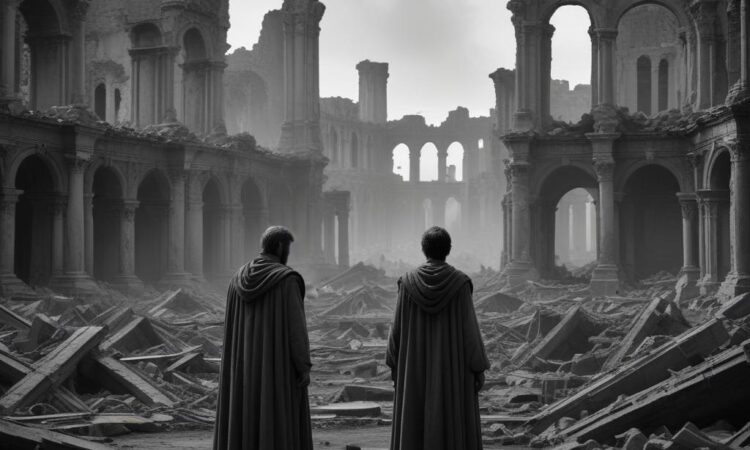Russia Shifts WW2 Focus: Soviet Suffering Takes Center Stage
Okay, so here’s the lowdown on what’s been happening in Russia regarding World War II commemorations. Things are… different this year. Instead of the usual emphasis on the Holocaust and the broader European tragedy, the narrative has taken a pretty significant turn.
Basically, Russia’s really focusing on the suffering of the Soviet people during the war. We’re talking massive losses, unbelievable hardship, and a whole lot of historical trauma. And it’s understandable, given the sheer scale of what the Soviet Union went through. Millions upon millions of lives lost, cities razed to the ground… it’s a devastating story.
What’s interesting, though, is the way this shift in focus is playing out. Several key officials haven’t been invited to certain ceremonies this year. This has sparked a lot of debate and speculation, naturally. Some are interpreting this as a deliberate move to emphasize a distinctly Russian narrative of World War II, one that perhaps downplays other aspects of the conflict or its broader impact. Others point to domestic political factors and shifting alliances.
It’s a complicated situation, to say the least. On the one hand, remembering the immense sacrifice of the Soviet people is crucial. They bore the brunt of the fighting on the Eastern Front, enduring unimaginable brutality. Their story deserves to be told, remembered, and honored. No doubt about that.
But on the other hand, ignoring or minimizing the Holocaust and the suffering of other nations involved in the war feels… wrong. It feels like a deliberate attempt to rewrite history, or at least, to prioritize a specific interpretation of the past that suits current political aims. And this is where the controversy really heats up. Are we seeing a genuine attempt to remember a crucial part of history, or is it something else entirely?
There’s a lot of nuance here, and it’s difficult to say for certain what the full motivations are. Is it a matter of national pride? A way to solidify a particular national identity in the face of geopolitical tensions? Or is it simply a reflection of how different nations remember and interpret their wartime experiences? There’s no single, easy answer, and various experts are offering different perspectives.
One thing’s for sure, though: this shift in emphasis is generating a lot of discussion. It’s prompting difficult questions about how we remember the past, how national narratives are constructed, and the political implications of remembering—or forgetting—certain aspects of history.
The absence of certain officials from key events adds another layer of intrigue. Was this a deliberate snub? A strategic move to reshape the narrative? Or something else entirely? The lack of transparency makes it hard to say for certain.
This whole situation highlights the complexities of remembering World War II. It’s not just about facts and figures; it’s about emotion, identity, and the ongoing struggle to make sense of a cataclysmic event that continues to shape the world we live in today. And different countries, with different histories and different perspectives, will always have different ways of interpreting and commemorating that past.
The debate is far from over, and the coming weeks and months will likely see more analysis and discussion on this topic. It’s a story that demands careful consideration, sensitive discussion, and a commitment to understanding the multiple narratives that surround such a significant historical event.
It’s a complex issue with no easy answers. But one thing is clear: the way nations choose to remember their past has profound implications for their present and their future.
Ultimately, understanding this shift requires considering various historical, political, and social factors, and avoiding oversimplification. The ongoing discussion surrounding this move reflects the enduring complexities of remembering and interpreting a pivotal moment in world history.
It’s a situation that definitely warrants further investigation and careful consideration of all perspectives. We’ll keep you updated as this story develops.

